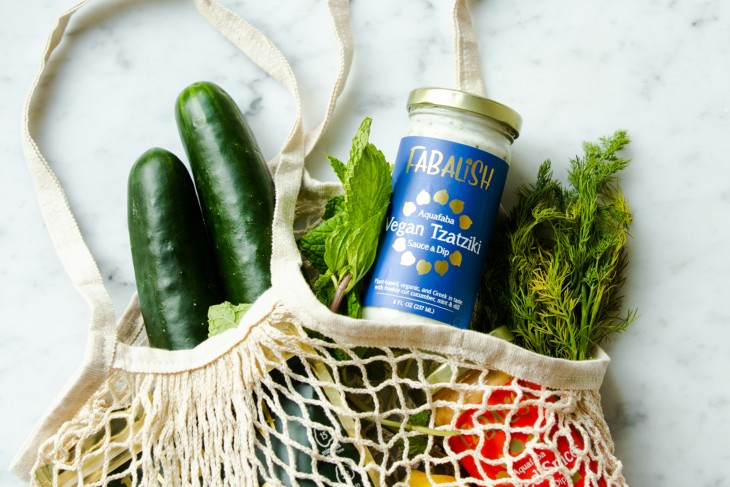EC
If you study at university, you will frequently come across this term: ECs, also known as ECTS (European Credit Transfer System) or study credits. Each course represents a certain number of ECs, indicating how much study load you can expect. One EC represents 28 hours of study, and you have to achieve 60 ECs each year. Don't worry though, this doesn’t mean that you have to listen to lectures from 9 am to 5 pm every single day. The hours you spend on self-study, practicals, tutorials et cetera also count towards the number of ECs.
BSA
The notorious BSA, or binding study advice, can cause some stress among first-year students. The BSA means that you have to pass a minimum number of ECs in the first year. For most studies, you have to pass at least 45 out of 60 ECs, but there are exceptions. Haven’t earned enough credits? Then you are not allowed to continue your studies and can’t register for the same study programme at the same university for the next three years. This all sounds very intense, but as long as you just put time and effort into your studies from the start, you really don't need to worry about this too much! And should it happen that you do not pass your BSA, know that you can always go to a student counsellor.
Propaedeutic year
Passing your ‘P’, your propaedeutic year, means you have completed all 60 credits of the first year. Officially, the term propaedeutic is often no longer used at university and you do not get a diploma for it. But that certainly doesn't stop you from proudly saying you've earned your P once you've got all your ECs!
Minor
Even though you likely won’t have to follow a minor until the third year of your bachelor's programme, you will probably come across this term sooner. A minor is a course package of (usually) 15 EC. Most study programmes allow you to do one or even two minors in the first semester of the third year - the so-called elective space. During these electives, you can choose your own courses to broaden or deepen your knowledge. You can choose to follow a minor from your own study programme, a different study programme, at another university or even abroad!
Canvas
Canvas is the place for almost everything related to your studies. Every course has its own Canvas page. Here, the lecturer can make announcements, you will find the course instructions in so-called syllabi, and all assignments and lecture slides are published. You can also submit assignments via Canvas.
Osiris
Osiris allows you to register for modules and, therefore, for all lectures and exams automatically. Your grades are also published here. Also good to know: if you’ve had a meeting with your study advisor, you can review the notes from it on Osiris.
TimeEdit
With TimeEdit, you can view your timetable. Whether you want to know where your lecture is or when your exam starts, you will find it in TimeEdit.
Semesters and modules
Each academic year is divided into two semesters. At UT, the academic year is also divided into four modules of about ten weeks. Each module focuses on a specific theme, which you will fully explore and study through lectures, tutorials and an overarching group project. As the icing on the cake, a module ends with the exam week – of course –, which includes most of the exams, deadlines and presentations of the courses you’ve followed.
Abbreviations
As you may have noticed, abbreviations are very popular at university. Study programmes, university buildings, and just about every other term has an abbreviation. Does the timetable say you have an L in OH? Then that means your lecture is in the Oosthorst. Still following? No worries, all abbreviations of buildings and other terms can easily be found in the UT's abbreviation lists.
Types of lectures
In your timetable, you will come across all kinds of different teaching forms. Classic is the lecture, where the lecturer explains the material and you only have to listen and take notes. In the tutorials, you will work on assignments related to the topics you’ve discussed in the lecture. Sometimes, you will also come across the term ‘colstruction’, which is nothing more than a combined lecture and tutorial.
Then there are the practicals, in which you apply your knowledge and practise your skills in small groups through practical assignments. Self-study refers to the hours you spend on your studies outside of your classes, such as working on assignments or studying for an exam. Sometimes these hours are scheduled for you and sometimes guidance is available, but certainly not always. At the end of a module, you often have Q&As, where you can ask the lecturer any questions you may have.
Student dictionary
During your time as an international student, you will undoubtedly come across all kinds of Dutch student terms and abbreviations. To make sure you understand what everyone around you is talking about, here is a guide to the most important Dutch student slang that you won’t learn in regular Dutch courses!
Adten/atten
To down your beer or other drink in one go.
AVG
Potatoes, meat and vegetables: the basic but healthy Dutch student meal.
Burgerrups
A 'citizen caterpillar', aka the train.
BVO
Beer for on the road. Convenient for the bike ride to a party.
candi
A candidate board member.
CoBo
Constitution drink: a gathering in honour of a new board of a student, study or sports association.
Committee
A group of people who organise something for (usually) an association, such as an activity or event.
Do-group
A group of fellow first-year students with whom you participate in the Kick-In.
EAnske
Enschede.
Hospi
Hospiteeravond: an evening where room-seekers are invited to a student house to meet the current residents, after which a new housemate is chosen.
HJ
House youngest. The person who has moved into a student house most recently. Chances are that starting soon, you will hold this title for a while.
HO
House eldest. The person who, believe it or not, has lived in a student house the longest.
Itakru
Italian herbs. These are, of course, essential in your pasta dishes!
Kiddo
A first-year student participating in the Kick-In.
Kladiladi
Close that laptop! Often said at the end of the day or the beginning of the weekend.
Crawling distance
A term you'll come across a lot in hospiteer messages from student houses to indicate that something is very close by.
Sjaars
First-year student. You will be hearing this term a lot this year...
Spa gold
The classic drink among Dutch students: a beer.
Studententien
A 'student-ten': getting a 5.5 on your exam, which is the minimum grade necessary to pass an exam in the Netherlands. A pass is a pass!
Wheat smoothie
Another name for a beer.
Thuisthuis (THTH)
Home-home: your parental home. Your current home is your student house.
UB
University library: the place to study in peace and borrow books.
Unit
A word Dutch students use to describe a non-specific object.
VVV'tje
A friend from the past. So a friend from thuisthuis.




